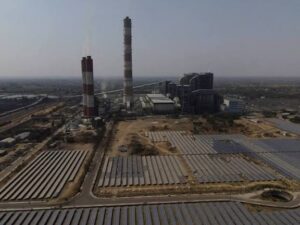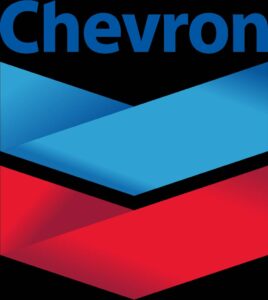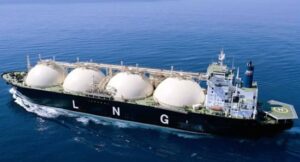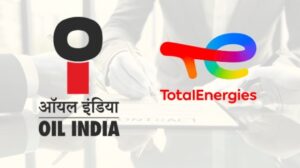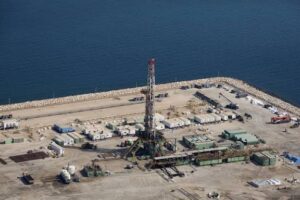TotalEnergies EP Nigeria is intensifying efforts to fully develop its oil assets in the country, with a focus on both existing fields and new deepwater projects, according to Victor Bandele, the company’s Deputy Managing Director for Deepwater Assets.
Speaking at the NAPE conference in Lagos, Bandele described the company’s strategy as driven by a sense of urgency to optimize production from its current portfolio and accelerate exploration in untapped areas. He highlighted that some assets, like the Egina field, are operating below capacity due to natural decline, and efforts are underway to implement tiebacks and enhance output.
“We are determined to unlock the full potential of our assets, and that includes expanding exploration even in older fields like Akpo, while advancing new deepwater blocks,” Bandele said. The company plans to explore a newly acquired deepwater block in 2026, aiming to move quickly from acquisition to development.
Bandele emphasized that operational efficiency improves with multiple Floating Production, Storage, and Offloading (FPSO) vessels working in tandem. He noted that sharing resources and coordinating activities among operators can significantly reduce costs and improve response times in the challenging deepwater environment.
He also called attention to Nigeria’s slow pace in following the deepwater development trends set by countries like Brazil and Angola but expressed optimism that recent regulatory changes, including the Petroleum Industry Act (PIA), are encouraging renewed activity.
TotalEnergies’ deepwater journey in Nigeria includes key milestones such as first oil from Akpo in 2009, Usan in 2012, and Egina in 2018. The company is leveraging lessons from these projects to drive efficiency and cost savings across its operations.
Bandele concluded that collaboration among oil operators in deepwater, shallow water, and onshore operations is essential to achieving higher efficiency and lowering operational costs.


